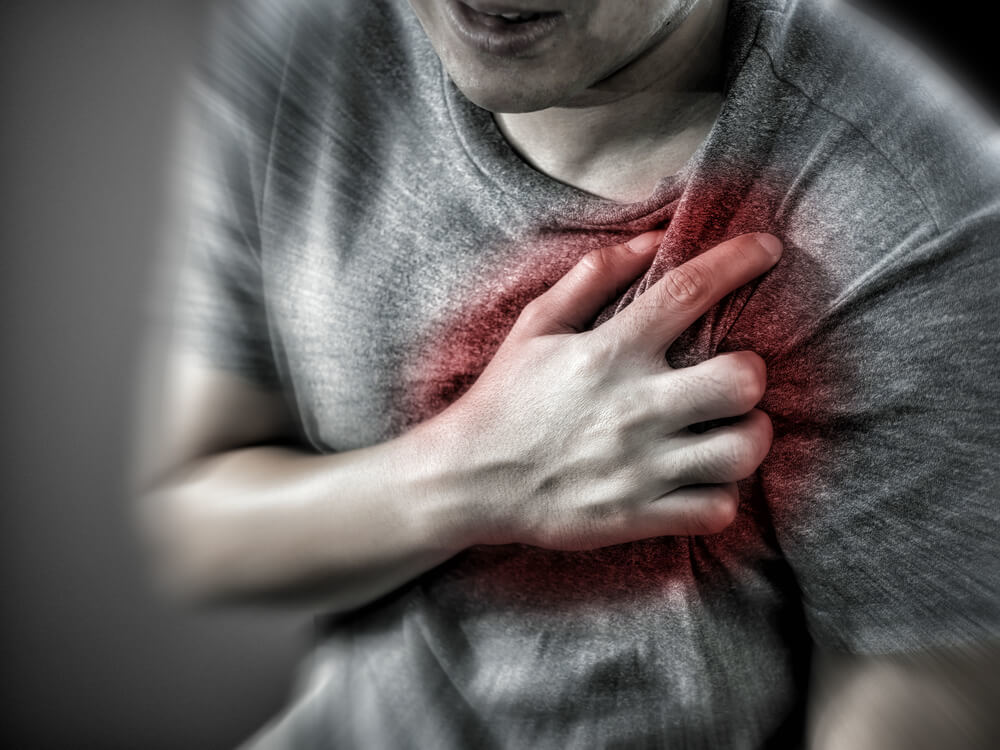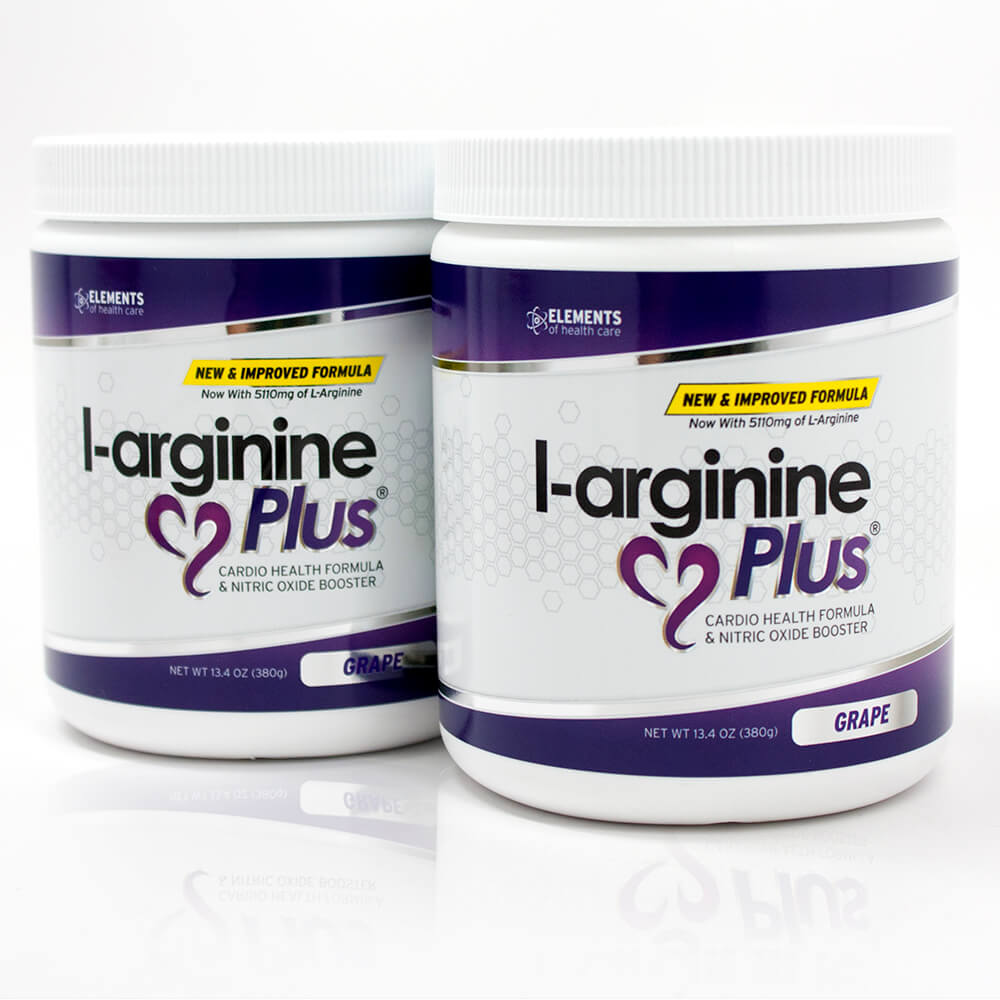While people often use the medical terms cardiac arrest and heart attack interchangeably, they are not the same thing.
Understanding the difference can help protect against both.
A heart attack (myocardial infarction) is when the blood flow to the heart is blocked.
Cardiac arrest occurs when the heart unexpectedly malfunctions and suddenly stops beating. A heart attack is due to a circulation problem, and sudden cardiac arrest is because of an electrical problem.
Sometimes these two distinct heart conditions can be linked. Sudden cardiac arrest can occur after a heart attack, or during recovery from an episode. Heart attacks do increase the risk of sudden cardiac arrest. However, most heart attacks do not lead to sudden cardiac arrest.
Recommended: Discover How You Can Give Your Heart the Support It Needs with L-arginine Plus®
What is a heart attack?
A heart attack occurs when a blocked artery prevents oxygen-rich blood from reaching a section of the heart.
If the blocked artery is not reopened quickly, the part of the heart normally nourished by that artery begins to die.
The longer a person goes without treatment, the higher the damage. Symptoms of a heart attack may be immediate and intense. However, in most cases, symptoms start slowly and persist for hours, days, or weeks before a heart attack makes a significant impact.
Unlike with sudden cardiac arrest, the heart usually does not stop beating during a heart attack. Heart attack symptoms in women can be different than men.
Common heart attack symptoms in men:
- uncomfortable pressure, squeezing, or pain in the chest
- pain in one arm, the back, neck, jaw, or stomach
- shortness of breath
- sudden nausea or vomiting
- lightheadedness or dizziness
- unusual fatigue.
Common heart attack symptoms in women:
- Uncomfortable pressure, squeezing, fullness or pain in the chest
- Pain or discomfort in one or both arms, the back, neck, jaw or stomach
- Shortness of breath with or without chest discomfort
- breaking out in a cold sweat
- nausea
- lightheadedness
As with men, the most common heart attack symptom for women is chest pain or discomfort. However, women are more likely to experience other signs of a heart attack, including shortness of breath, nausea/vomiting, and back or jaw pain.
What is cardiac arrest?
Cardiac arrest occurs suddenly and often without warning. Cardiac arrest happens when the heart’s electrical system malfunctions, causing it to beat rapidly and chaotically — or to stop beating altogether.
Without blood circulating to the brain, lungs, and other organs, the person gasps or stops breathing and becomes unresponsive within seconds. Death occurs within minutes if the victim does not receive immediate treatment.
Common cardiac arrest symptoms include:
- loss of responsiveness
- abnormal breathing
What’s the Link Between Cardiac Arrest and a Heart Attack?
As mentioned above, sudden cardiac arrest can occur after a heart attack, or during recovery from one.
Having a heart attack increases the risk of sudden cardiac arrest, but most heart attacks don’t lead to sudden cardiac arrest. Other heart conditions and health conditions can disrupt the heart’s rhythm and lead to cardiac arrest, including a thickened heart muscle, heart failure, arrhythmias, and other conditions.
The good news: most people who have a heart attack survive.
The bad news? “Any heart attack can be fatal, no matter how big, how small, or where it occurs in the heart,” says Dr. James Januzzi, a cardiologist at Harvard-affiliated Massachusetts General Hospital.
What to do if someone is experiencing a heart attack or cardiac arrest?
Call 911 right away if you or someone else has symptoms of a heart attack or cardiac arrest.
In conclusion, there is a difference between a heart attack and a cardiac arrest. A heart attack occurs when the blood supply to part of the heart stops, consequently causing a section of the heart muscle to begin to die, whereas a cardiac arrest occurs when the heart stops beating as a whole. Either condition is severe and needs immediate medical attention.
Get Support for Your Heart Health with L-arginine Plus®
L-arginine Plus® offers unmatched support for the health of your heart. With a unique combination of amino acids and critical vitamins and minerals, there’s nothing like L-arginine Plus® to give your heart the support it needs.
L-arginine Plus® utilizes the amino acids l-arginine and l-citrulline to increase nitric oxide production within the body and open the blood vessels. This process helps take strain and pressure off the heart as it increases blood flow and improves circulation throughout the body.
L-arginine Plus® is a powder drink mix that tastes great and makes it easier than ever to support the health of your heart. Take advantage of what L-arginine Plus® has to offer to give your heart the support it needs today.
Discover what L-arginine Plus® can do for your heart.


